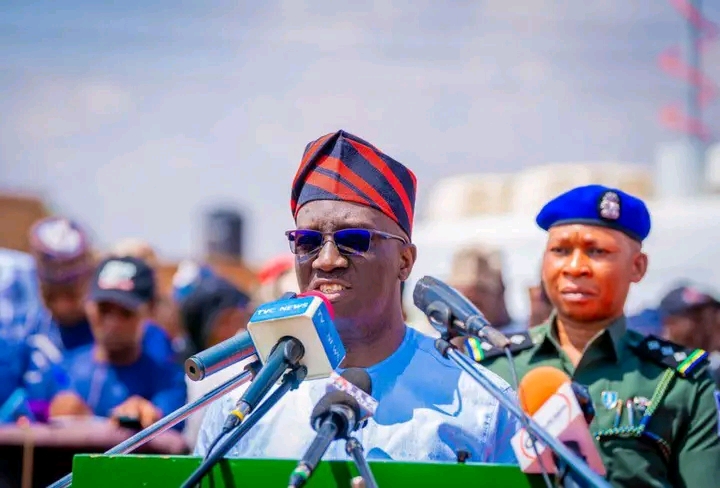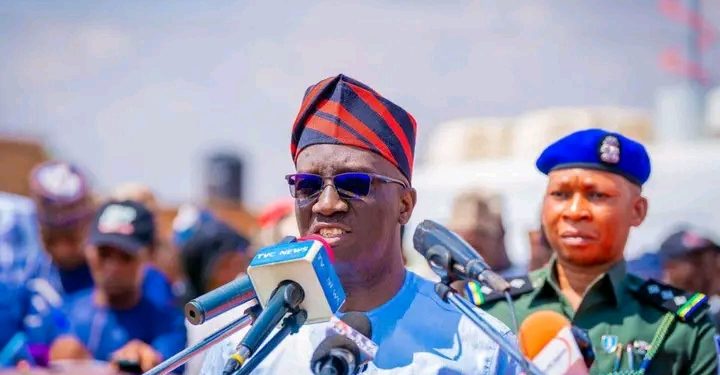In Nigeria, political power often comes with a strange intoxication. It is almost as if once a man is handed a government title, he begins to feel untouchable, larger than the very laws he swore to uphold. Edo State Governor, Monday Okpebholo, is now dancing on that thin line, and his recent words against Peter Obi are not just reckless—they are dangerous.
Let’s be clear, Peter Obi is not just another politician. Whether people like his politics or not, he represents something bigger in Nigeria’s political narrative—a fresh voice, a stubborn challenger of the old order. To threaten that kind of figure with something as crude as “don’t visit Edo without security clearance” is not only undemocratic but also a public admission of failure. If a governor cannot guarantee the safety of a visitor in his own state, what exactly is he governing?

When Ego Outweighs Law
Governor Okpebholo’s comments go beyond mere political banter; they touch on the basic rights of every Nigerian. Section 33 of the 1999 Constitution is not a suggestion; it is law. It guarantees every citizen the right to life and safety. Femi Falana, a man who knows the law inside out, was quick to remind him of this fact. But what is most worrying is the casual way the governor made that statement, almost as if Edo State is his private compound where he decides who comes in and who stays out. That is not leadership; that is arrogance.
The governor’s statement about Obi dropping N15 million before his last visit and linking it to violence is equally problematic. First, it is an accusation with no evidence publicly presented. Second, even if it were true, is the solution to threaten Obi’s life rather than investigate and bring culprits to justice? What message does that send to Edo people? That security is not guaranteed unless the governor approves your visit? That’s not governance; that’s intimidation.
Falana’s Warning and Why It Matters
Femi Falana’s response is not just about Peter Obi. It is about every Nigerian who deserves the freedom to move around the country without fear of harassment or worse. When Falana says Obi should seek legal redress, he is pointing out a bigger disease in Nigerian politics: the habit of powerful men thinking they can say anything, do anything, and get away with it.

The Bigger Picture: Edo, Obi, and the Future
This issue is bigger than Obi or Okpebholo. It is about how political intolerance is gradually becoming the norm. We saw it in how opposition rallies were blocked in some states during the 2023 elections. We saw it in the violence that marred campaigns across the country. And now, we see it again in a governor who feels he can decide who is “welcome” in his state.
Governor Okpebholo should understand that Edo State is not his personal estate. His duty is to protect everyone—supporters, opponents, and even critics. If he has issues with Obi, let him face him politically, not with threats.
A Call for Maturity
The governor still has time to pull back from this dangerous path. Falana’s advice is sound: apologise, retract the threat, and move on. Nigeria already has enough tension; we do not need leaders adding fuel to the fire. And Obi, for his part, must not stay silent. Seeking legal protection is not just for his own safety but for the message it sends: that no Nigerian, no matter how powerful, is above the law.

















